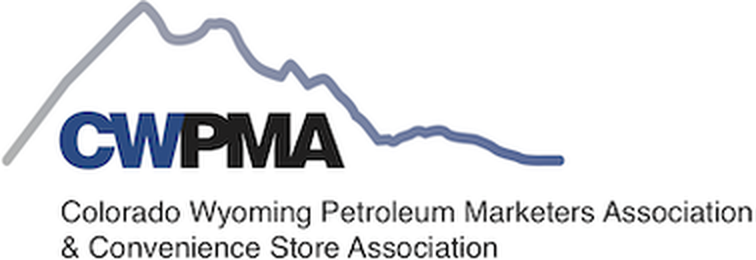On behalf of the Wyoming Taxpayers Association, we respectfully express our opposition to HJ0006 – Legislative budget session. We believe the dedicated Budget Session and its two-thirds introductory vote requirement should both be preserved.
Wyoming Taxpayers Association members collectively are responsible for providing billions of dollars in state tax revenues that are allocated during the Budget Session. We therefore have a material and mutual interest in assuring that the state budget is crafted in a precise, thoughtful and measured manner. This type of thoughtful development has the best chance to occur during a session that is intended to be specifically devoted to budget matters. Eliminating the two-thirds introductory vote requirement, thereby potentially unleashing a flood of even more non-budget-related legislation, risks further diluting the focus that the State of Wyoming budget needs and deserves – from both our state legislators and from members of the public. With our state’s well-documented fiscal challenges, now is not the right time to risk losing any focus or attention on our state budget.
We note that even with the two-thirds introductory vote requirement in place during the 2020 Budget Session, we saw 249 House bills, seven House resolutions, 139 Senate bills, and three Senate resolutions proposed, for a total of 398 pieces of legislation. Of those, 28 pieces of legislation had the word “tax” in the catch title, six pieces had the word “fees” in the title, four pieces had the word “budget” in the title, three pieces had the word “appropriations” in the title, and two pieces had the word “finance” in the title. Assuming those words are a proxy for fiscal-related content, then only 43 pieces of legislation – or roughly 11% of the submitted bills that session – appear to be related to budgetary or fiscal matters. State legislators worked 12- and 14- and 16-hour days just to make it through the bills that achieved the two-thirds introductory vote requirement. Is it prudent or justified to ask citizen legislators to take on more legislation? Will the quality of legislative decision-making be adversely impacted by a higher quantity of bills to review?
In addition, the fiscal note for HJ0006 does not appear to adequately capture the potential fiscal impact of HJ0006, should the proposal be approved by voters. In the 2019 General Session, a combined total of 503 pieces of legislation were proposed – which is 105 bills more, or about 25% more, than in the 2020 Budget Session. If the two-thirds introductory vote requirement were to be dropped in Budget Session years, then it appears that the volume of proposed legislation would grow, along with the volume of work required by the Legislative Services Office. Again, with the state’s fiscal challenges, now is not the right time to risk the need to grow the state government to handle a potential 25% increase in proposed legislation coming into the LSO for preparation and fiscal evaluation every single year.
It has been said that dropping the two-thirds introductory vote requirement would allow more “good ideas” to be considered each year. However, we are confident that the truly “good ideas” will either achieve the two-thirds vote requirement in a Budget Session or can be properly addressed during a General Session. For a longtime fiscally conservative state like Wyoming with citizen legislators, we believe the preservation of a focused Budget Session is the proper approach, as voted on by the people of Wyoming five decades ago.



